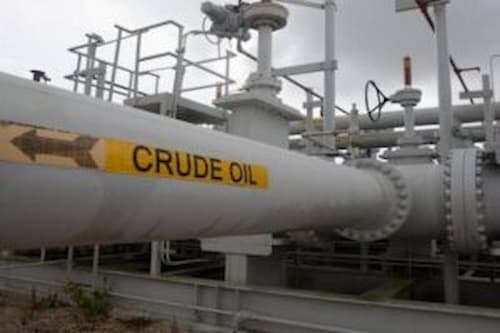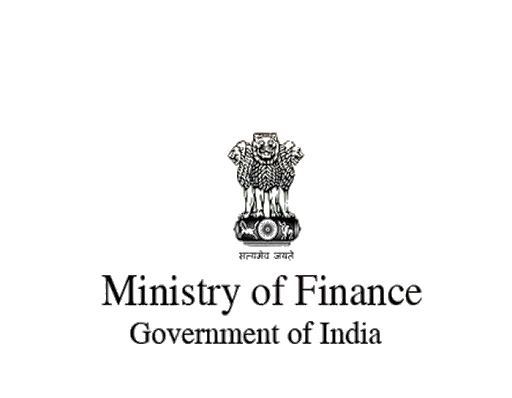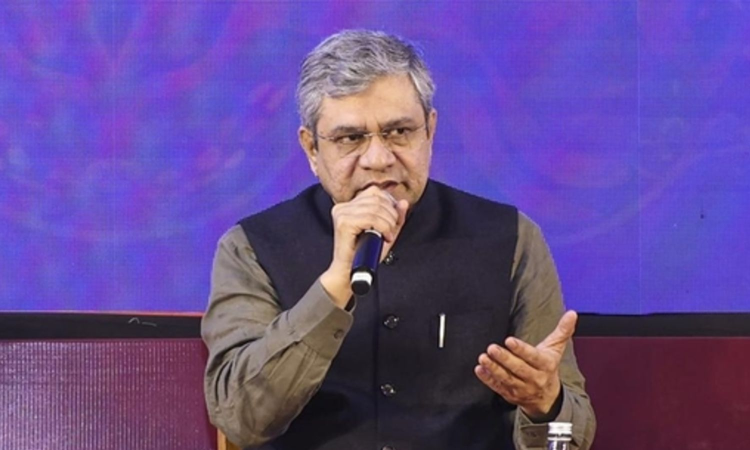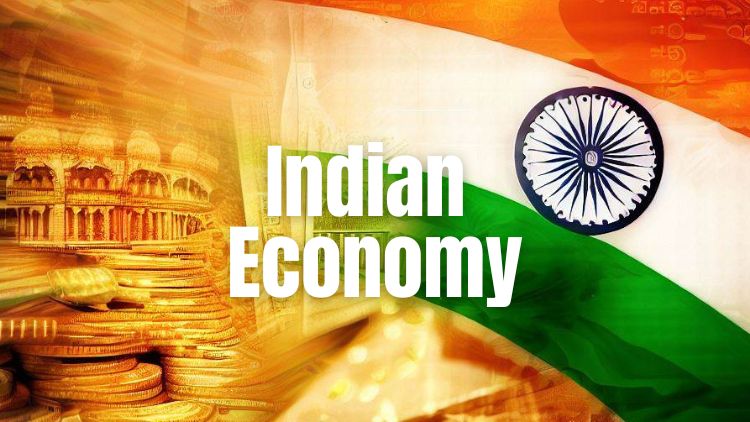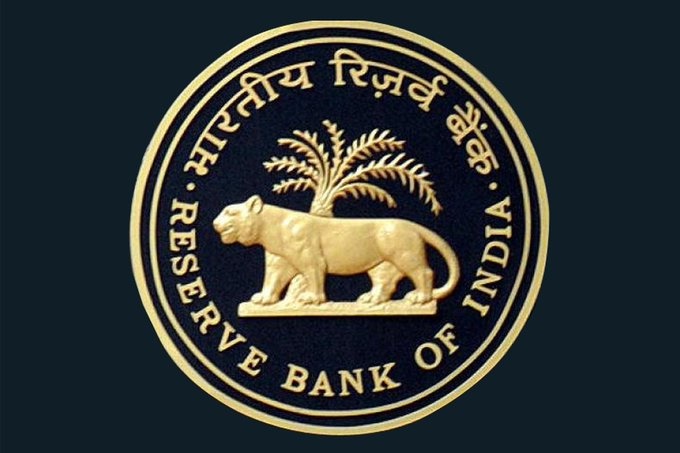As Arab nations sever ties with Qatar, concerns rise over LNG supplies
Mon 05 Jun 2017, 15:45:50
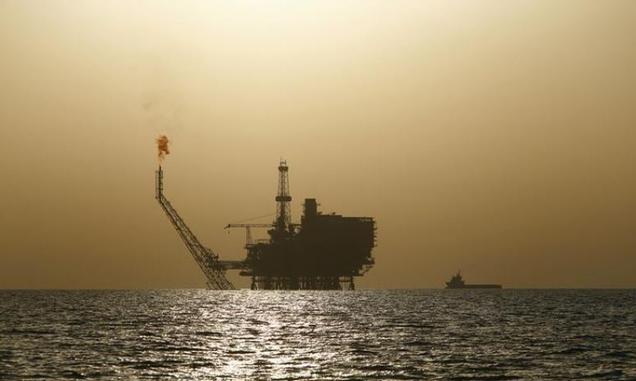
Saudi Arabia and its key allies on Monday cut ties with Qatar, accusing it of supporting extremism. Their action against the world's top seller of liquefied natural gas (LNG) has sent shockwaves through the energy industry.
Saudi Arabia, the United Arab Emirates, Egypt and Bahrain said they would sever all ties, including transport links with Qatar, which also sells oil products like condensate but is not a big crude oil exporter.
“[Qatar] embraces multiple terrorist and sectarian groups aimed at disturbing stability in the region, including the Muslim Brotherhood, ISIS (Islamic State) and al-Qaeda, and promotes the message and schemes of these groups through their media constantly,” Saudi state news agency SPA said.
The rift did not immediately affect tanker shipments, but benchmark Brent crude futures prices rose around 1% to over $50 a barrel on concerns about a widening rift in the Arab world.
The move comes as the Organization of the Petroleum Exporting Countries (OPEC), of which Saudi Arabia, the UAE and Qatar are
members, recently agreed to extend crude oil production cuts in order to tighten the market and pop up prices.
members, recently agreed to extend crude oil production cuts in order to tighten the market and pop up prices.
It was not immediately clear how the political crisis would affect the policy-making at the OPEC, of which Saudi Arabia, as the world's biggest crude exporter, is seen as the de facto leader.
A Saudi oil industry source said the action was unlikely to have a large impact on OPEC decision-making. Other political disputes within the group, including between Saudi Arabia and Iran, had not prevented the OPEC from agreeing on oil policy, the source noted.
LNG impact unclear
Traders said it was too early to say if the dispute would have any impact on LNG shipment within the region, with both Egypt and the UAE taking regular cargoes from Qatar.
Qatar meets almost a third of global LNG demand and Egypt, which struggles to meet its electricity needs, has imported an average 857,000 cubic metres per month of LNG from Qatar since January 2016, according to shipping data in Thomson Reuters Eikon.
No Comments For This Post, Be first to write a Comment.
Most viewed from Business
AIMIM News
Latest Urdu News
Most Viewed
May 26, 2020
Do you think Canada-India relations will improve under New PM Mark Carney?
Latest Videos View All
Like Us
Home
About Us
Advertise With Us
All Polls
Epaper Archives
Privacy Policy
Contact Us
Download Etemaad App
© 2025 Etemaad Daily News, All Rights Reserved.


